Psychological Defense Mechanisms vs. Coping Mechanisms: Understanding the Differences
Principal Category: Coping Mechanisms
Author:
• Tim McGuinness, Ph.D. – Anthropologist, Scientist, Polymath, Director of the Society of Citizens Against Relationship Scams Inc.
Defense mechanisms are unconscious psychological strategies that help individuals protect themselves from emotional distress by distorting reality, while coping mechanisms are conscious, deliberate actions taken to manage stress and anxiety. Both involve different brain processes: defense mechanisms primarily activate the amygdala and bypass the prefrontal cortex, leading to immediate but often maladaptive relief, whereas coping mechanisms engage the prefrontal cortex and other higher-order brain functions to address stress more constructively. Understanding the differences between these mechanisms is crucial for developing healthier ways to handle emotional challenges, as defense mechanisms provide short-term protection but can lead to long-term psychological issues, while coping mechanisms foster resilience and long-term well-being.

Psychological Defense Mechanisms vs. Coping Mechanisms: Understanding the Differences
An overview of human psychological defense mechanisms compared to coping mechanisms
Defense Mechanisms
Definition: Defense mechanisms are unconscious psychological strategies that individuals use to protect themselves from anxiety, stress, and unacceptable thoughts or feelings. These mechanisms often distort reality in some way to reduce internal conflict or protect the ego.
Function: The primary function of defense mechanisms is to shield the individual from emotional distress or psychological pain. These mechanisms operate automatically and unconsciously, often without the person being aware of them.
Examples:
Denial: Refusing to accept reality or facts, thereby blocking external events from awareness.
Repression: Unconsciously blocking out painful or traumatic memories or feelings from consciousness.
Projection: Attributing one’s own unacceptable thoughts or feelings to someone else.
Impact: While defense mechanisms can provide temporary relief from emotional distress, they may lead to maladaptive behavior if relied upon excessively or over a long period. They often prevent the individual from facing and resolving underlying issues, potentially leading to more significant psychological problems.
Coping Mechanisms
Definition: Coping mechanisms are conscious strategies that individuals use to manage stress, anxiety, or difficult emotions. Unlike defense mechanisms, coping mechanisms are deliberate actions or thoughts aimed at handling life’s challenges.
Function: The primary function of coping mechanisms is to help individuals manage, reduce, or tolerate stress and emotional discomfort. These mechanisms can be both adaptive (healthy) and maladaptive (unhealthy) depending on their effectiveness and impact on overall well-being.
Examples:
Problem-Solving: Actively addressing the issue that is causing stress, such as making a plan or seeking solutions.
Seeking Support: Reaching out to friends, family, or professionals for emotional or practical help.
Relaxation Techniques: Engaging in activities like deep breathing, meditation, or exercise to reduce stress.
Impact: Coping mechanisms, when healthy and adaptive, can lead to personal growth, resilience, and improved mental health. However, maladaptive coping strategies (such as substance abuse or avoidance) can exacerbate stress and lead to additional problems.
Key Differences:
Conscious vs. Unconscious: Defense mechanisms are unconscious processes while coping mechanisms are conscious and deliberate.
Purpose: Defense mechanisms primarily aim to protect the ego from psychological harm, often by distorting reality. Coping mechanisms aim to manage and reduce stress, allowing individuals to function effectively despite challenges.
Outcome: Defense mechanisms can sometimes prevent individuals from addressing the root causes of their distress, potentially leading to longer-term psychological issues. In contrast, effective coping mechanisms can help individuals navigate stress in a healthy way, promoting long-term resilience.
How Defense Mechanisms and Coping Mechanisms Work in the Brain
Defense Mechanisms in the Brain:
Defense mechanisms are unconscious psychological processes that the brain uses to protect the individual from anxiety and psychological harm. These mechanisms primarily involve the brain’s emotional and survival centers:
Amygdala: The amygdala is the brain’s fear center and plays a key role in processing emotions like fear and anxiety. When a person faces a situation that triggers anxiety or threatens their ego, the amygdala responds by signaling potential danger. This can lead to the activation of defense mechanisms that shield the individual from the emotional impact.
Prefrontal Cortex (PFC): The PFC is involved in higher-order thinking, decision-making, and self-regulation. When defense mechanisms are activated, they often bypass the rational thinking processes of the PFC, leading to distortions in perception or memory that minimize distress. For example, repression involves unconsciously blocking distressing memories or thoughts, which reduces anxiety by preventing the PFC from fully processing those memories.
Hippocampus: The hippocampus is responsible for forming and retrieving memories. In defense mechanisms like repression or denial, the hippocampus may be involved in the unconscious suppression of memories, making them less accessible to conscious thought, thereby protecting the individual from distress.
Coping Mechanisms in the Brain:
Coping mechanisms, being conscious and deliberate strategies, involve a more active engagement of the brain’s cognitive and regulatory functions:
Prefrontal Cortex (PFC): In coping mechanisms, the PFC plays a central role. When faced with stress, the PFC helps to evaluate the situation, plan a response, and execute coping strategies. This might involve problem-solving, decision-making, or employing relaxation techniques. The PFC’s involvement ensures that the coping mechanisms are thoughtful and adaptive, allowing for more effective stress management.
Anterior Cingulate Cortex (ACC): The ACC is involved in regulating emotions and behavior, particularly in resolving conflicts and making decisions. During coping, the ACC helps to modulate emotional responses and maintain focus on constructive actions rather than being overwhelmed by stress or negative emotions.
Hippocampus: The hippocampus also plays a role in coping by helping to contextualize and process memories. Through coping strategies like cognitive reframing or mindfulness, individuals can re-interpret stressful experiences, making them less distressing and easier to manage.
Amygdala: In healthy coping mechanisms, the amygdala’s response to stress is moderated by the PFC and ACC. This regulation helps to prevent the fight-or-flight response from overwhelming the individual, allowing for a more measured and constructive approach to handling stress.
Interaction Between Defense and Coping Mechanisms:
Automatic vs. Deliberate: Defense mechanisms are automatic and often involve the brain’s more primitive, emotional centers like the amygdala, working to protect the individual from immediate psychological harm. Coping mechanisms, on the other hand, are more deliberate and involve the brain’s higher-order cognitive functions in the PFC, allowing for adaptive responses to stress.
Short-Term vs. Long-Term: Defense mechanisms are often more effective in the short term, offering immediate relief from anxiety or distress by distorting reality. However, over-reliance on these mechanisms can lead to unresolved psychological issues. Coping mechanisms, particularly adaptive ones, are more beneficial in the long term, as they address the underlying causes of stress and foster resilience.
Defense mechanisms and coping mechanisms involve different brain structures and processes, with defense mechanisms providing immediate but often distorted protection from distress while coping mechanisms involve conscious strategies that help individuals manage stress in a more adaptive and constructive way.
Summary
Defense mechanisms and coping mechanisms are both strategies for managing emotional distress, but they differ significantly in their awareness, purpose, and impact on mental health. Understanding these differences is crucial for developing healthier ways to deal with life’s challenges.
Please Leave Us Your Comment
Also, tell us of any topics we might have missed.
IMPORTANT NOTE: This article is intended to be an introductory overview of complex psychological, neurological, physiological, or other concepts, written primarily to help victims of crime understand the wide-ranging actual or potential effects of psychological trauma they may be experiencing. The goal is to provide clarity and validation for the confusing and often overwhelming symptoms that can follow a traumatic event. It is critical to understand that this content is for informational purposes only and does not constitute or is not a substitute for professional medical advice, diagnosis, or treatment. If you are experiencing distress or believe you are suffering from trauma or its effects, it is essential to consult with a qualified mental health professional for personalized care and support.

Welcome to the SCARS INSTITUTE Journal of Scam Psychology
A Journal of Applied Scam, Fraud, and Cybercrime Psychology – and Allied Sciences
A dedicated site for psychology, victimology, criminology, applied sociology and anthropology, and allied sciences, published by the SCARS INSTITUTE™ – Society of Citizens Against Relationship Scams Inc.
TABLE OF CONTENTS
A Question of Trust
At the SCARS Institute, we invite you to do your own research on the topics we speak about and publish, Our team investigates the subject being discussed, especially when it comes to understanding the scam victims-survivors experience. You can do Google searches but in many cases, you will have to wade through scientific papers and studies. However, remember that biases and perspectives matter and influence the outcome. Regardless, we encourage you to explore these topics as thoroughly as you can for your own awareness.
Please Leave A Comment
Recent Comments
On Other Articles
[better_recent_comments number=”5″ format=”{avatar} on {post}: “{comment}” {date}” avatar_size=”20″]
A Note About Labeling!
We often use the term ‘scam victim’ in our articles, but this is a convenience to help those searching for information in search engines like Google. It is just a convenience and has no deeper meaning. If you have come through such an experience, YOU are a Survivor! It was not your fault. You are not alone! Axios!
Statement About Victim Blaming
Some of our articles discuss various aspects of victims. This is both about better understanding victims (the science of victimology) and their behaviors and psychology. This helps us to educate victims/survivors about why these crimes happened and to not blame themselves, better develop recovery programs, and to help victims avoid scams in the future. At times this may sound like blaming the victim, but it does not blame scam victims, we are simply explaining the hows and whys of the experience victims have.
These articles, about the Psychology of Scams or Victim Psychology – meaning that all humans have psychological or cognitive characteristics in common that can either be exploited or work against us – help us all to understand the unique challenges victims face before, during, and after scams, fraud, or cybercrimes. These sometimes talk about some of the vulnerabilities the scammers exploit. Victims rarely have control of them or are even aware of them, until something like a scam happens and then they can learn how their mind works and how to overcome these mechanisms.
Articles like these help victims and others understand these processes and how to help prevent them from being exploited again or to help them recover more easily by understanding their post-scam behaviors. Learn more about the Psychology of Scams at www.ScamPsychology.org
Psychology Disclaimer:
All articles about psychology, neurology, and the human brain on this website are for information & education only
The information provided in these articles is intended for educational and self-help purposes only and should not be construed as a substitute for professional therapy or counseling.
While any self-help techniques outlined herein may be beneficial for scam victims seeking to recover from their experience and move towards recovery, it is important to consult with a qualified mental health professional before initiating any course of action. Each individual’s experience and needs are unique, and what works for one person may not be suitable for another.
Additionally, any approach may not be appropriate for individuals with certain pre-existing mental health conditions or trauma histories. It is advisable to seek guidance from a licensed therapist or counselor who can provide personalized support, guidance, and treatment tailored to your specific needs.
If you are experiencing significant distress or emotional difficulties related to a scam or other traumatic event, please consult your doctor or mental health provider for appropriate care and support.
Also, please read our SCARS Institute Statement About Professional Care for Scam Victims – here
If you are in crisis, feeling desperate, or in despair please call 988 or your local crisis hotline.
SCARS Institute Resources:
- If you are a victim of scams go to www.ScamVictimsSupport.org for real knowledge and help
- Enroll in SCARS Scam Survivor’s School now at www.SCARSeducation.org
- To report criminals visit https://reporting.AgainstScams.org – we will NEVER give your data to money recovery companies like some do!
- Sign up for our free support & recovery help by https://support.AgainstScams.org
- Follow us and Find our podcasts, webinars, and helpful videos on YouTube: https://www.youtube.com/@RomancescamsNowcom
- SCARS Institute Songs for Victim-Survivors: https://www.youtube.com/playlist…
- See SCARS Institute Scam Victim Self-Help Books at https://shop.AgainstScams.org
- Learn about the Psychology of Scams at www.ScamPsychology.org
- Dig deeper into the reality of scams, fraud, and cybercrime at www.ScamsNOW.com and www.RomanceScamsNOW.com
- Scam Survivor’s Stories: www.ScamSurvivorStories.org
- For Scam Victim Advocates visit www.ScamVictimsAdvocates.org
- See more scammer photos on www.ScammerPhotos.com


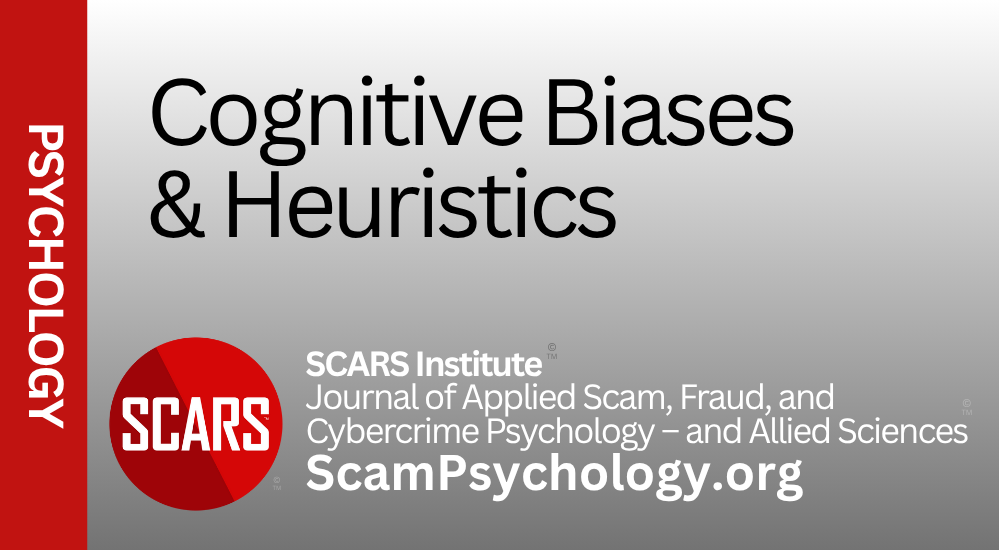
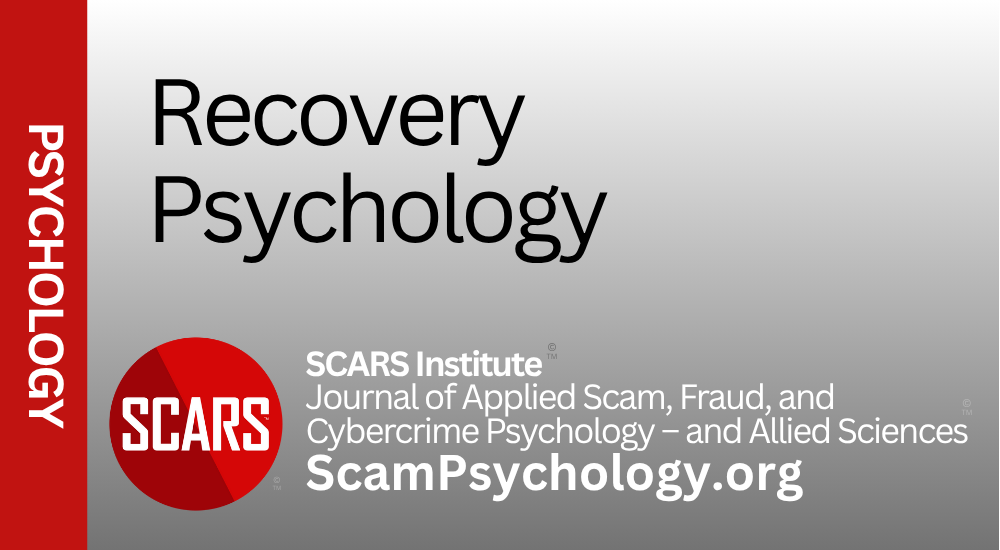
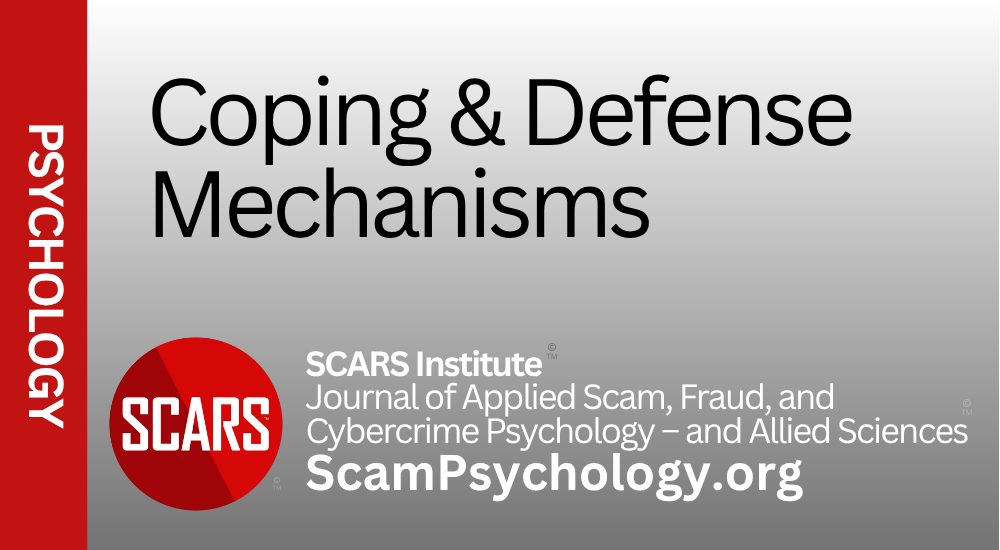
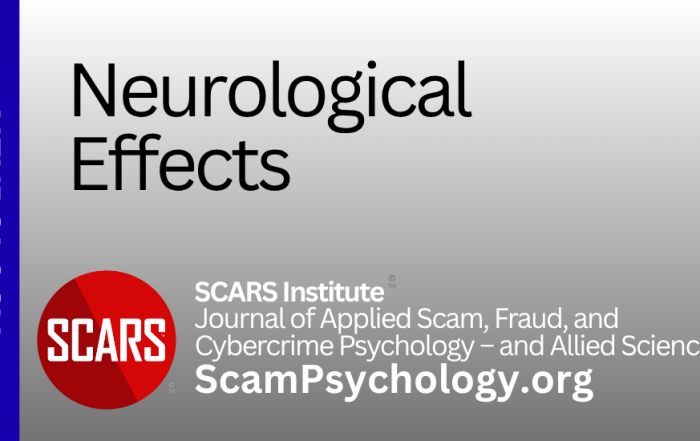

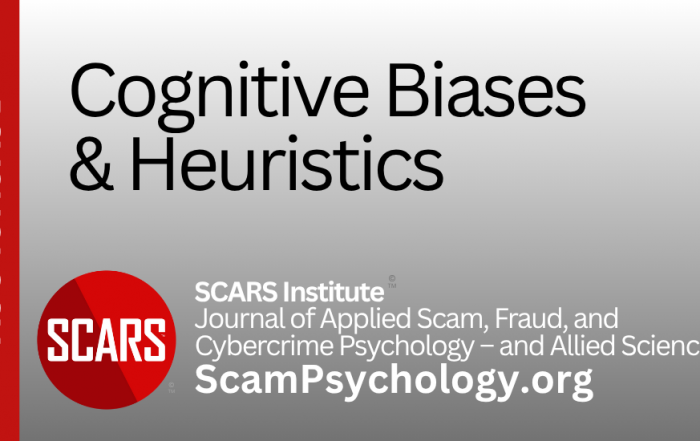
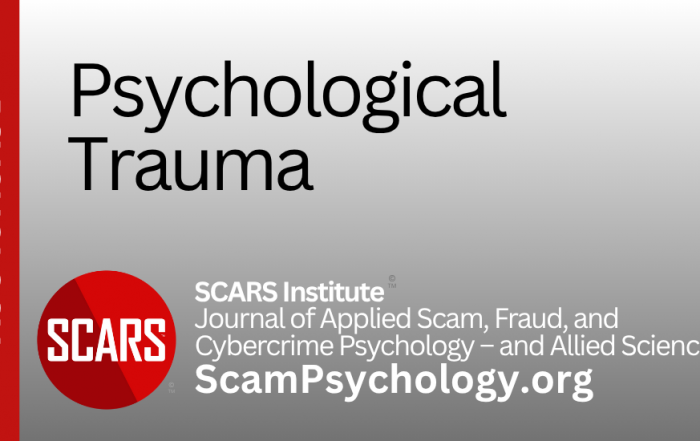



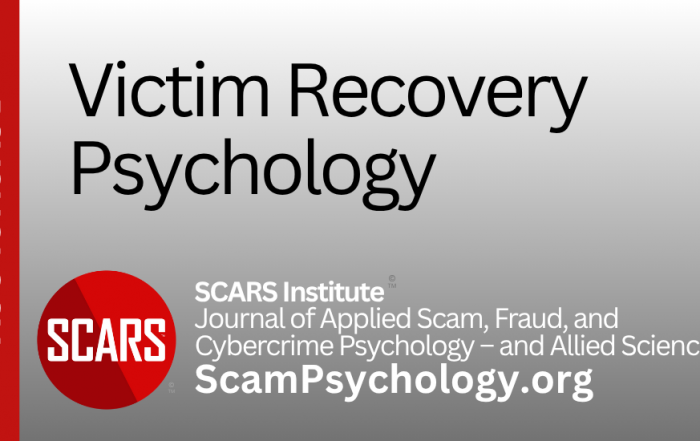
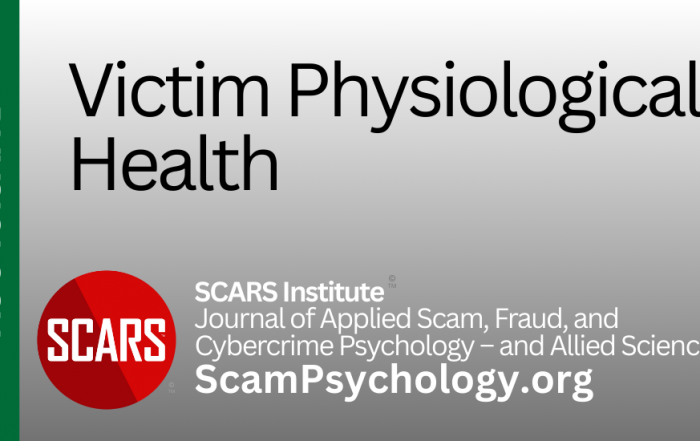

![niprc1.png1_-150×1501-11[1]](https://scampsychology.org/wp-content/uploads/2025/05/niprc1.png1_-150x1501-111.webp)